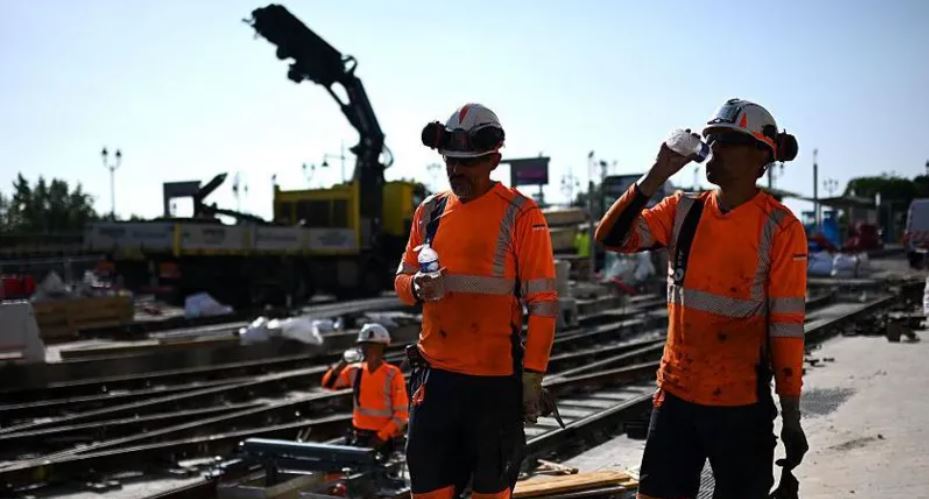The World Health Organization (WHO) has raised alarm over the growing dangers of extreme heat in workplaces, warning that climate change is putting millions of workers at risk of serious health complications and productivity losses. In collaboration with the World Meteorological Organization (WMO), WHO released its first report since 1969 dedicated to heat stress at work, calling for urgent adaptation measures.
According to the report, prolonged exposure to high temperatures can trigger severe health risks including dehydration, heatstroke, kidney failure, and even death. “It is not just discomfort. It is a real health risk,” WHO’s director of environment, climate, and health, Rüdiger Krech, told the BBC. The findings, he said, should serve as a wake-up call to governments, employers, and schools worldwide.
The WMO notes that the past decade has been the hottest on record, with 2024 ranking as the warmest year ever. In Europe, temperatures now regularly exceed 40°C, while parts of Africa and the Middle East experience highs above 50°C. Average Mediterranean sea surface temperatures in July were also at record levels, highlighting the scale of warming.
The consequences extend beyond health. WHO reports that for every degree above 20°C, worker productivity drops by 2%. Heat also increases workplace accidents Switzerland’s national insurer Suva found a 7% rise in accidents when temperatures exceeded 30°C during Europe’s 2023 heatwave.
Some governments are beginning to act. Italy has signed an emergency decree allowing workers to avoid the hottest hours, while Swiss cantons halted construction work during last year’s extreme heat. Trade unions say such measures are essential, even if they slow down projects.
Schools, too, are under pressure to adapt. With classrooms often unfit for prolonged high temperatures, teachers in Switzerland have been advised to move lessons to swimming pools where possible. Calls are growing for investment in better ventilation and cooling systems in schools and workplaces alike.
WHO warns that ignoring adaptation could prove costlier in the long run. “If you need to stop producing, if your workers face severe health effects, the productivity losses may outweigh the costs of adaptation,” Krech cautioned.

